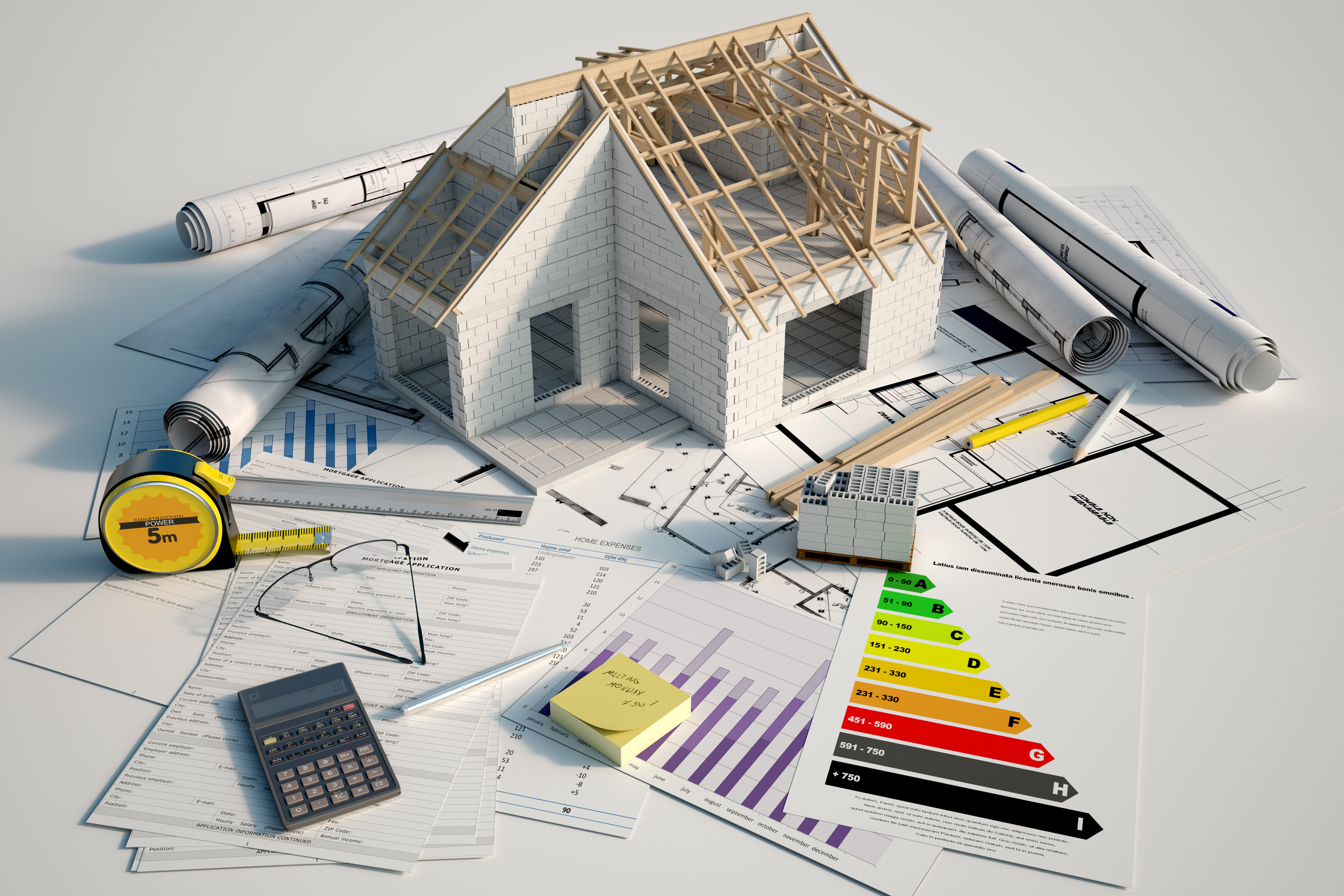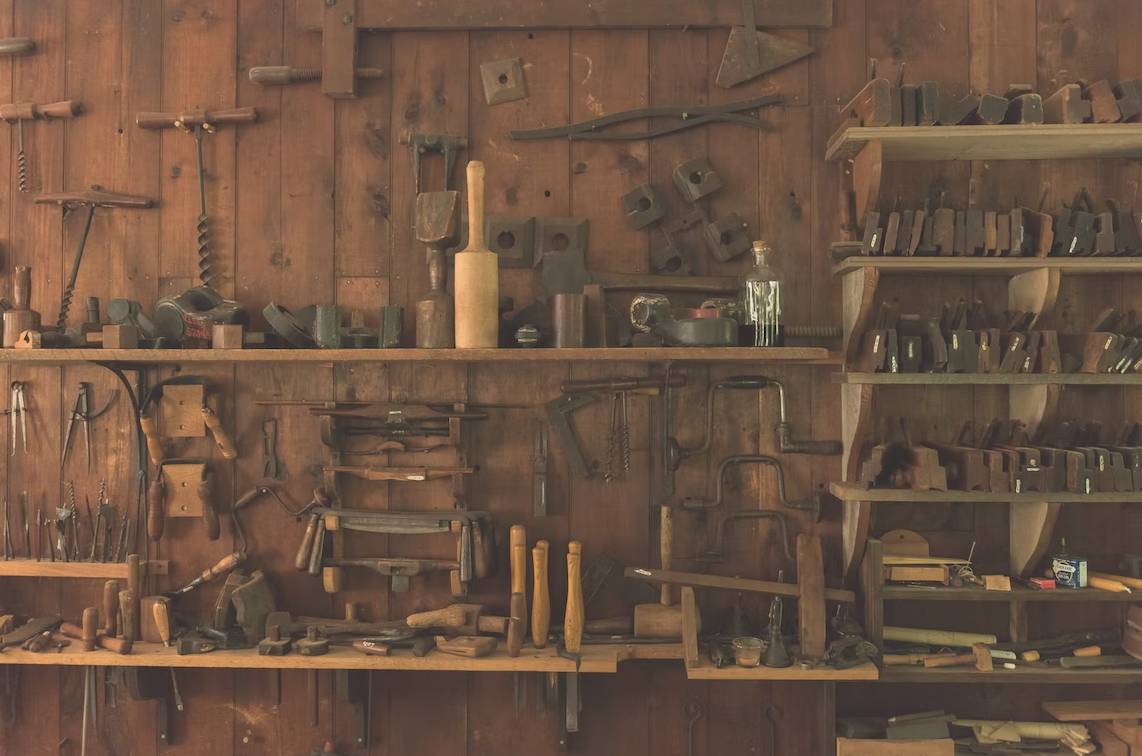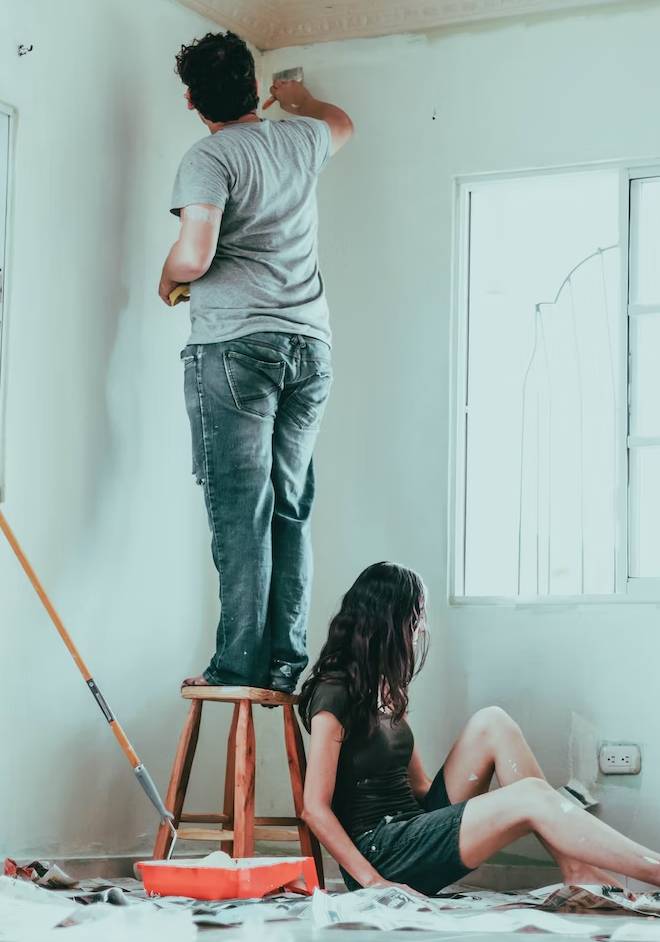
Bellevue, WA
After a home inspection, there are some common problems that come up for sellers. Since most buyers ask for an inspection before spending any money, it’s worth knowing how it all works so you can get a head start on the selling process.
If you get a home inspection and there are problems with your property, what happens next? Well, the buyer will normally ask for them to be fixed and this means repair requests (eating into your profit!). To prevent problems and disappointment, we always recommend reading the inspection contract fully. This way, you shouldn’t be forced into making repairs you don’t want to do.
Of course, we should mention that a home inspection isn’t a list of everything you NEED to do. Rather than a to-do list, there are three different categories:

Common ‘Required’ Repairs
As mentioned, some repairs will be required otherwise the lender won’t release the buyer’s funds. Normally, these are building code violations, structural problems, or any issues that impact the safety of those inside the property. For example, this could relate to the basement, attic, or crawl space.
As the inspector walks around your home, they will assess the condition of the heater and septic system. Is there a termite infestation? Is there a radon leak? Elsewhere, they will answer similar questions regarding the plumbing lines, roof, HVAC system, and electrical systems. As you can see, they assess major features of the home rather than the minutiae.
If the inspector finds problems in these key areas, you’re likely to be the responsible party for repairs. To start, we recommend talking to contractors to work out a potential cost. Depending on the timeframe and your own plans, you can either get the ball rolling with repairs or offer to take this cost off of the selling price so that the new owners can oversee the repairs themselves. Often, all parties choose the latter because the seller can move out quicker and the new owners can oversee the changes.
What should you inspect and improve yourself? Speak with your real estate agent. Since you’ve already invested both time and money into actually reaching this stage, be willing to negotiate with the buyer. After all the work, the last thing you want is for the buyer to pull out over something trivial.
At this point, we should also note that this problem WILL follow you to the next transaction. After it’s uncovered with one buyer, you aren’t going to find another buyer and skirt the issue. Now that it’s been uncovered, you’ll need to deal with the problem or disclose the information to all other prospective buyers.
Summary
In a home inspection, all problems will be categorized depending on whether they need to be done immediately or can be left. While an inspection will highlight many issues, most are small and can be addressed quickly, which suits both the buyer and seller in any transaction.


Jan 24,2025

Nov 27,2022

Nov 20,2022
